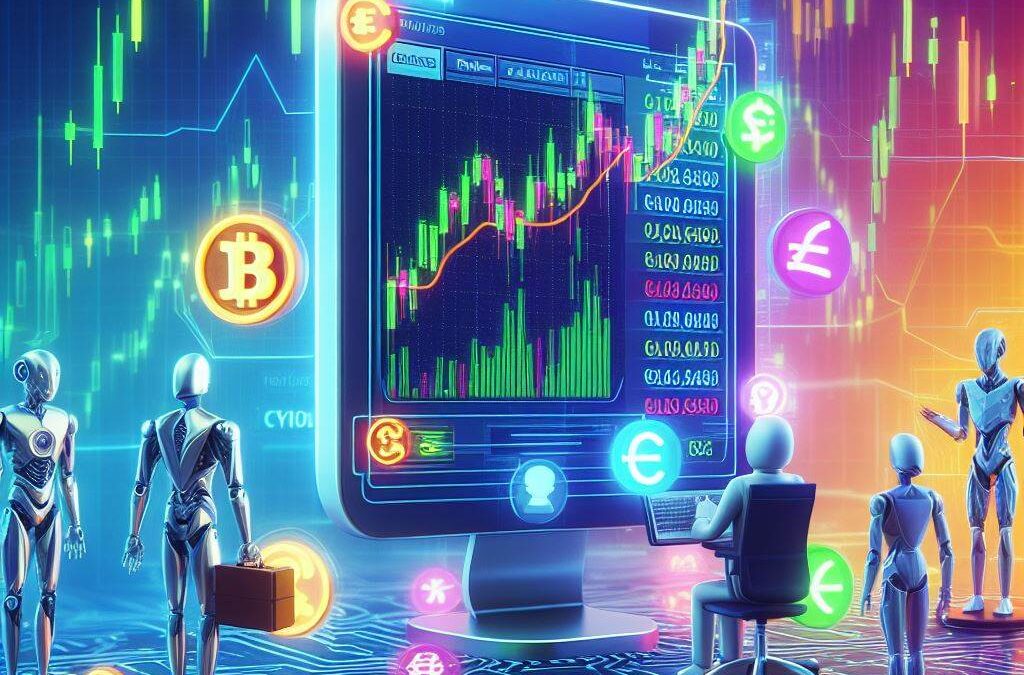Forex Trading: Unraveling the World of Foreign Exchange
The foreign exchange market, commonly known as the forex market, is a global decentralized or over-the-counter (OTC) market for trading currencies. It is the largest and most liquid financial market in the world, where participants trade various currencies based on exchange rates. The forex market operates 24 hours a day, five days a week, due to the different time zones of major financial centers around the world.
Components of the Forex Market:
Participants:
- Banks: Central banks and commercial banks participate to manage currency reserves and facilitate transactions.
- Financial Institutions: Large financial institutions, including investment banks and hedge funds, engage in forex trading for speculative and hedging purposes.
- Corporations: Companies involved in international trade use the forex market to convert currencies and manage exchange rate risks.
- Retail Traders: Individuals engage in forex trading through online platforms, acting as speculators or investors.
Currencies:
- The forex market involves the trading of currency pairs, where one currency is exchanged for another.
- Currency pairs are divided into base and quote currencies. The exchange rate represents the amount of the quote currency needed to purchase one unit of the base currency.
Exchange Rate:
The exchange rate is the price of one currency in terms of another. It reflects the relative value of two currencies and determines the cost of one currency in terms of another.
Market Participants:
- Spot Market: Immediate exchange of currencies at the current market rate. Transactions are settled “on the spot” or within a short period.
- Forward Market: Agreements to buy or sell currencies at a future date and a predetermined exchange rate. It allows participants to hedge against currency fluctuations.
- Futures Market: Similar to the forward market but standardized and traded on organized exchanges. Futures contracts involve the obligation to buy or sell currencies at a specified future date and price.
- Options Market: Participants have the right (but not the obligation) to buy or sell currencies at a predetermined price within a specified timeframe.
Market Makers and Brokers:
- Market makers facilitate trading by providing liquidity. They quote both buy and sell prices for currency pairs.
- Brokers act as intermediaries, connecting buyers and sellers. Retail traders often access the forex market through online brokers.
Regulatory Bodies:
Various regulatory bodies and authorities oversee the forex market in different countries to ensure fair and transparent trading practices.
Understanding these components is crucial for participants in the forex market to make informed decisions and manage risks associated with currency trading.

Bitcoin is de beste waardeopslag. De digitale vertegenwoordiging van waarde en het enige schaarse geld. Cryptocurrency is een digitale revolutie voor geld. Net zoals internet kranten en communicatie heeft getransformeerd. Crypto zal geld transformeren. Een cryptohandelaar is een goede manier om wat extra crypto te verdienen voor je portfolio.
